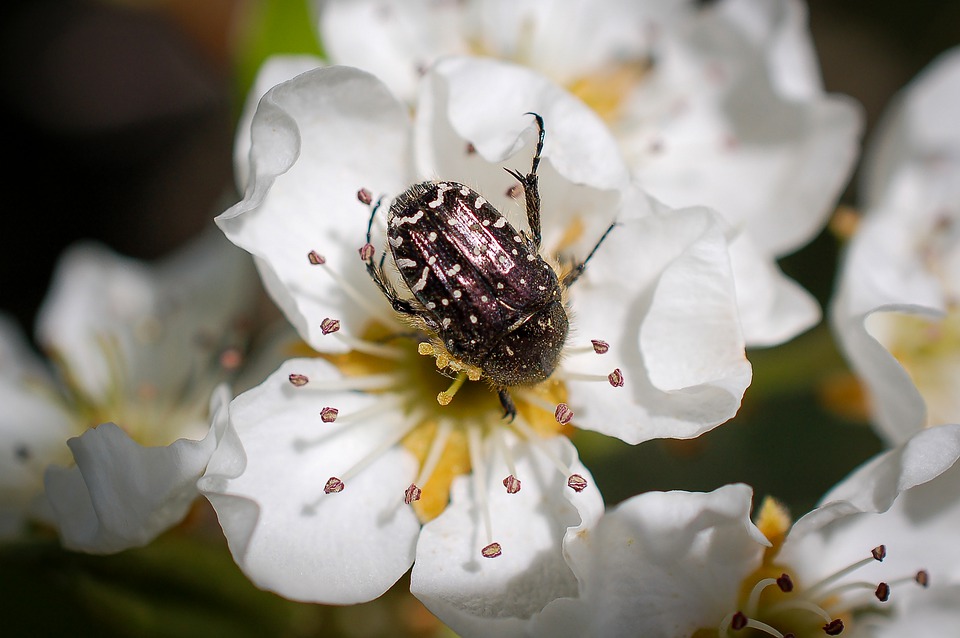As the sun shines brighter and temperatures rise, outdoor enthusiasts eagerly embrace the season of hiking, camping, and exploring nature’s beauty. However, along with the joys of outdoor adventures comes the inevitable reality of pesky insects. From mosquitoes buzzing around your ear to ticks lurking in tall grass, these critters can turn an idyllic day into a frustrating experience. Fortunately, an array of bug sprays are available to help you safely and effectively tackle those troublesome pests. Here’s a closer look at the essential bug sprays to consider for all your outdoor activities.
Why Bug Spray is Essential
In addition to being annoying, bugs can pose serious health risks. Mosquitoes can transmit diseases like West Nile virus, Zika, and dengue fever, while ticks can carry Lyme disease and Rocky Mountain spotted fever. The right bug spray not only improves your comfort during outdoor activities but also provides crucial protection against these health risks. Choosing a bug spray that suits your specific needs and activities makes all the difference in ensuring a safe and enjoyable experience.
Types of Bug Sprays
1. DEET-Based Sprays
One of the most common and effective mosquito repellents is DEET (N,N-diethyl-meta-toluamide). Products with about 30-50% DEET concentration offer excellent protection for most outdoor activities.
- Pros: Highly effective against mosquitoes, ticks, and other biting bugs.
- Cons: Some people are concerned about skin sensitivity and potential chemical exposure, although DEET is considered safe when used correctly.
2. Picaridin-Based Sprays
Picaridin is a synthetic compound modeled after a natural compound found in black pepper plants. It provides long-lasting protection against mosquitoes and ticks and has a more pleasant scent than DEET.
- Pros: Non-greasy and odorless, making it more user-friendly, with similar effectiveness to DEET.
- Cons: Slightly more expensive than some DEET products.
3. Oil of Lemon Eucalyptus
Derived from the leaves of the Eucalyptus citriodora tree, this natural repellent is approved by the CDC for its effectiveness against mosquitoes.
- Pros: Botanical base appeals to those seeking natural options and can provide protection for up to six hours.
- Cons: May not be as effective in areas with high mosquito populations or during prolonged exposure.
4. Permethrin-Infused Products
Permethrin is a synthetic insect repellent commonly used on clothing, gear, and camping equipment. It effectively kills and repels insects on contact.
- Pros: Ideal for treating clothing and gear, providing long-lasting protection even after multiple washes.
- Cons: It should not be applied directly to skin. Care must be taken to avoid contact with skin or eyes during application.
5. Natural Bug Sprays
Several brands offer bug sprays made from essential oils and natural ingredients. These products usually contain oils like cedar, lemongrass, or lavender for a gentler alternative.
- Pros: Generally safer for children and pets and have pleasant scents.
- Cons: Shorter duration of effectiveness and may require reapplication more frequently.
Choosing the Right Bug Spray
When selecting a bug spray for your outdoor activities, consider the following factors:
- Duration of Activity: For prolonged outdoor ventures like camping or hiking, opt for sprays with higher concentrations of DEET or picaridin.
- Location: In areas known for tick-borne diseases, prioritize products with proven effectiveness against ticks.
- Skin Sensitivity: If you have sensitive skin or are concerned about chemicals, consider natural options or lower concentrations of DEET.
- Family Needs: For family outings, choose products that are safe for children and pets.
Application Tips for Maximum Effectiveness
To ensure maximum effectiveness from your bug spray, follow these tips:
- Apply Evenly: Spray evenly over all exposed skin and clothing, taking care to avoid sensitive areas like eyes and mouth.
- Reapply: Follow the manufacturer’s instructions for reapplication, especially if you’ve been sweating or swimming.
- Layer Up: For ultimate protection, consider using permethrin-treated clothing in addition to topical bug sprays.
Conclusion
Spending time outdoors is one of life’s greatest pleasures, but it doesn’t have to come with the annoyance and risk of bug bites. With the right bug spray in hand, you can confidently enjoy your adventures, whether it’s hiking through the woods, relaxing by the campfire, or engaging in any outdoor activity. Remember to assess your specific needs and choose a product that provides effective protection, so you can focus on what really matters—making memories in the great outdoors!
